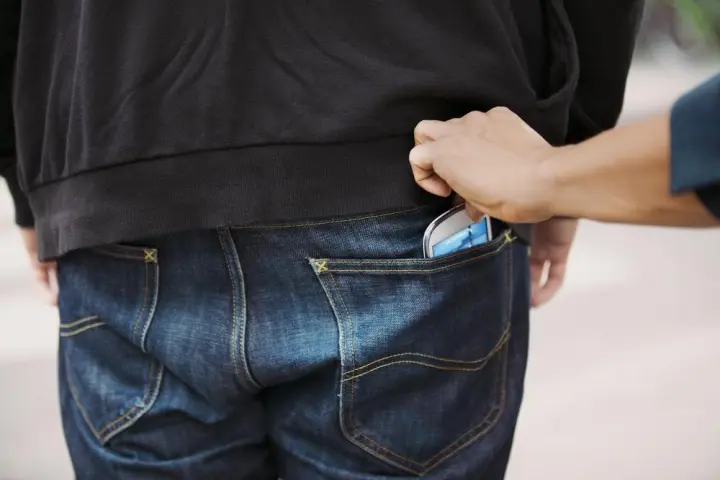
In fact, the FCC believes the actual number of smartphone thefts is actually much higher, but data on mobile device thefts isn’t very reliable. Many carriers and law enforcement officials avoid using an industry database that is supposed to track stolen devices, which makes it harder to find the thieves, as well as count the number of thefts in the first place. Currently, carriers aren’t legally required to check whether a device has been stolen before they activate it on their network.
The FCC hopes to require manufacturers and carriers to include the ability to remotely lock or wipe the device if it’s stolen.
The commission’s report compiled information on the number of smartphones stolen from 21 police departments in the U.S., which covers just 20 million people. The FCC then extrapolated the data to extend it across the nation and form an estimated number of stolen smartphones. Estimates place smartphone thefts around 3.1 million for 2013 and the FCC claims that one in 10 robberies is related to a mobile device. San Francisco and New York City experienced the highest rates of smartphone theft, with 59 percent and 55 percent of robberies involving a smartphone, respectively.
Security features like Find my iPhone and Apple’s Activation Lock — a remote kill switch that allows the user to disable the phone when it’s stolen — have helped deter these crimes to an extent, the FCC said. However, users often forget to turn on security features or are simply unaware that they can remotely activate a kill switch on their device, so thefts continue anyway. The FCC argues that carriers and device manufacturers must increase the level of security embedded in the mobile devices they sell to vulnerable customers.
Recently, the commission held a meeting during which its members discussed ways that industry leaders could help decrease the number of mobile device thefts, according to the Wall Street Journal. The FCC hopes to require manufacturers and carriers to include the ability to remotely lock or wipe the device if it’s stolen. Additionally, the agency may require each phone’s unique “fingerprint” to be connected to its owner, so as to prevent thieves from using stolen devices.


